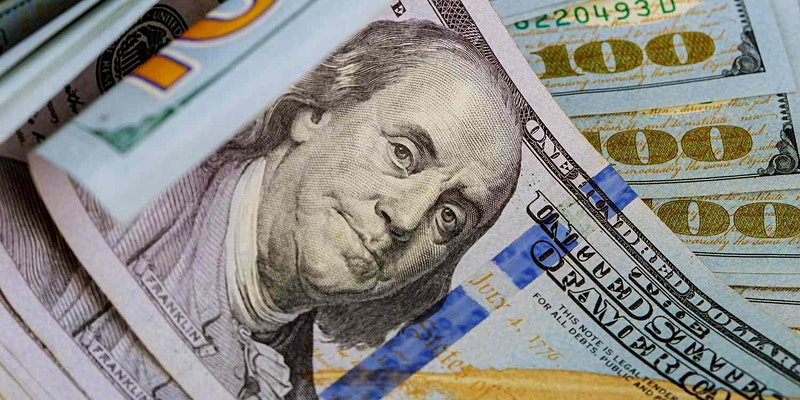Saints and Demagogues – Social Reformers through the Lens of Henry George
Session 1
SAINTS AND DEMAGOGUES – SOCIAL REFORMERS THROUGH THE LENS OF HENRY GEORGE
Join us in examining the work of these influential thinkers and see where they stand on George’s unique proposal for the “free” provision of infrastructure services that we all need to prosper – humans and corporations alike.
Instructor: Dr. Marty Rowland
Dates: Wednesdays – 6/16, 6/23, 6/30, 7/7, 7/14, 7/21
Time: 6:30PM to 8:00PM EST
6 sessions
A zoom link will be provided via email before the start of the first session.
Session 1



